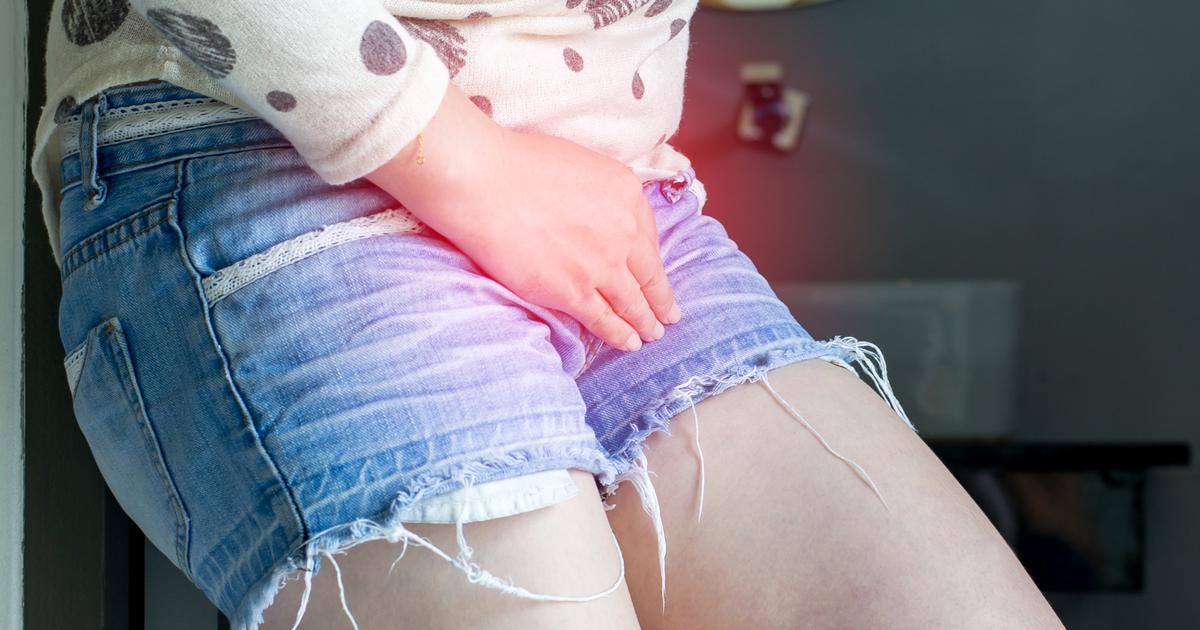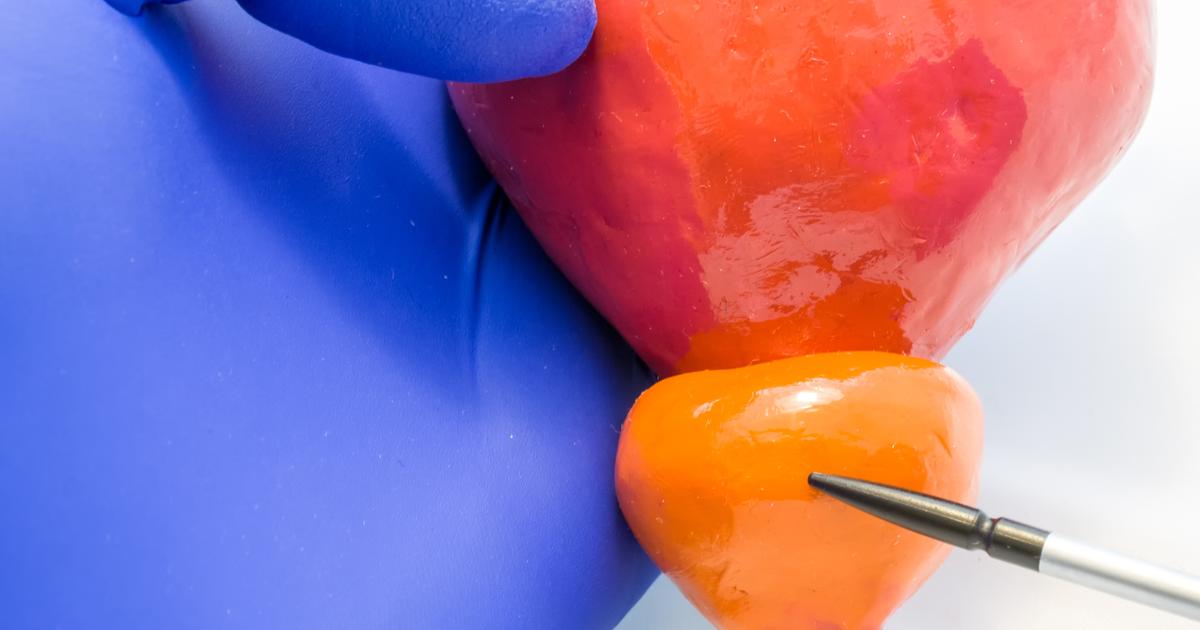Guide To The Types Of Urinary Incontinence
Overflow Incontinence
Overflow incontinence is when an individual is affected by an obstruction of urine where it does not flow out of the bladder normally. Eventually, the bladder becomes distended or filled to its maximum volume and pulls the urethra open, allowing for urine to leak from the body. A distended bladder may also cause random spasms of the muscle, resulting in the leakage of urine. Most cases of overflow incontinence occur due to an abnormal enlargement of a male's prostate gland that partially obstructs their urethra. Because overflow incontinence is often caused by conditions related to the prostate, it is more prevalent among men than women. Other conditions that can cause overflow incontinence include bladder stones, scar tissue, and tumors. A woman experiences bladder or uterus prolapse can have overflow incontinence because their urethra can get bent or kinked underneath these prolapsed organs like a garden hose that has been stepped on. Overflow incontinence can also occur because of past surgeries, diabetes, injuries, childbirth, multiple sclerosis, aging, and shingles that stop the bladder muscle from having normal contractions.
Discover another type of urinary incontinence now.
Urge Incontinence

Urge incontinence is when an individual feels a strong urge to urinate, although their bladder is not actually full. An affected individual typically feels an overwhelming urge to release urine and is unable to reach a bathroom before urine leaks from the body. This form of urinary incontinence may not always or even often produce accidents, but it does cause interruptions in everyday life because of the constant need for the patient to rush to the restroom. Urge incontinence happens when the detrusor or bladder muscle starts to contract, which signals to the individual's brain they need to urinate when their bladder is not full of urine. Physical problems that stop an individual's body from halting involuntary contractions of the bladder muscle can cause urge incontinence. These physical problems may include damage to the spine, brain, or nerves that extend from an individual's spine to their bladder. Another cause of urge incontinence is when substances in the urine or bladder cause the organ to become irritated and begin to contract involuntarily. Certain toxins and pathogens that produce infections in the bladder are examples of possible irritants.
Get more information on the different types of urinary incontinence now.
